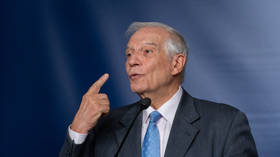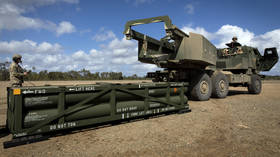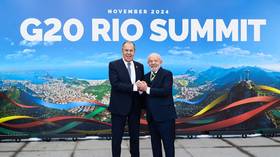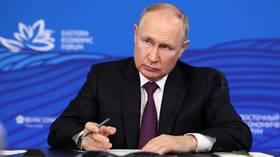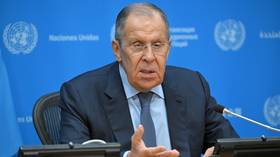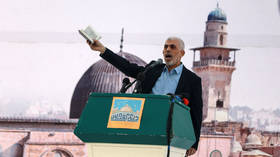Opposition wins presidency in Somaliland
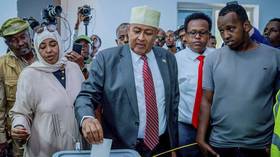
Somaliland’s opposition leader, Abdirahman Mohamed Abdullahi, has won last week’s presidential elections, according to results announced by the electoral commission of the de facto East African nation, which Somalia still considers part of its territory.
Waddani Party candidate Abdullahi, also known as Cirro, received 63.9% of the vote, defeating incumbent President Muse Bihi Abdi, who received 34.8%, the chairman of Somaliland’s National Election Commission (NEC) said on Tuesday. Faysal Ali Warabe, the leader of the Social Justice Party, came in third with 0.74%, NEC director Muse Hassan Yusuf announced.
In his first speech following his victory, President-elect Cirro thanked voters, saying, “We have all won; the nation of the Republic of Somaliland has won.” The 69-year-old politician previously served as Somaliland’s parliament speaker in 2005.
Somaliland declared independence from Somalia in 1991, following the overthrow of Somali military ruler Siad Barre, and after a decade of civil war. While not internationally recognized as a country, the territory on the southern coast of the Gulf of Aden has since established its own security structures and currency. Analysts say Hargeisa operates in a more politically stable environment than Mogadishu.
President Abdi of the ruling Kulmiye Party, who was seeking reelection for a second term, had pushed for Somaliland’s recognition during his seven years in office, hoping to open up the region’s access to international markets and finance.
Earlier this year, his government struck a major deal with Ethiopia to lease 20km (12 miles) of coastline to the landlocked neighboring territory for commercial purposes and to build a marine base – in exchange for Somaliland to be recognized as a country. The agreement has heightened tensions with Somalia, which, together with Egypt, accuses Ethiopia of aggression and undermining Somali territorial integrity through the “illegal” Red Sea access pact.
The Somaliland government stated that the preliminary agreement with Addis Ababa would be finalized following the election, regardless of which party won. The opposition, whose campaigns had focused on promises of social cohesion reforms and a national unity government, is said to support the deal but is demanding more financial benefits for Somaliland.
The self-proclaimed republic is also expecting US President-elect Donald Trump to support Hargeisa’s statehood push. Last week, while congratulating Trump on his victory, Abdi called for collaboration on strengthening the “Somaliland-US strategic partnership.”
On Tuesday, former Somali Prime Minister Hassan Ali Khaire expressed hope that the newly elected leader of Somaliland would steer the region to a “path of peace” and take a “leading role in strengthening brotherhood, unity, and solidarity” with Somalia.
Djiboutian President Ismail Omar Guelleh, whose government’s relations with Somaliland reportedly deteriorated under Bihi, has also congratulated Cirro on his victory and the “brotherly people of Somaliland for their political maturity.”




